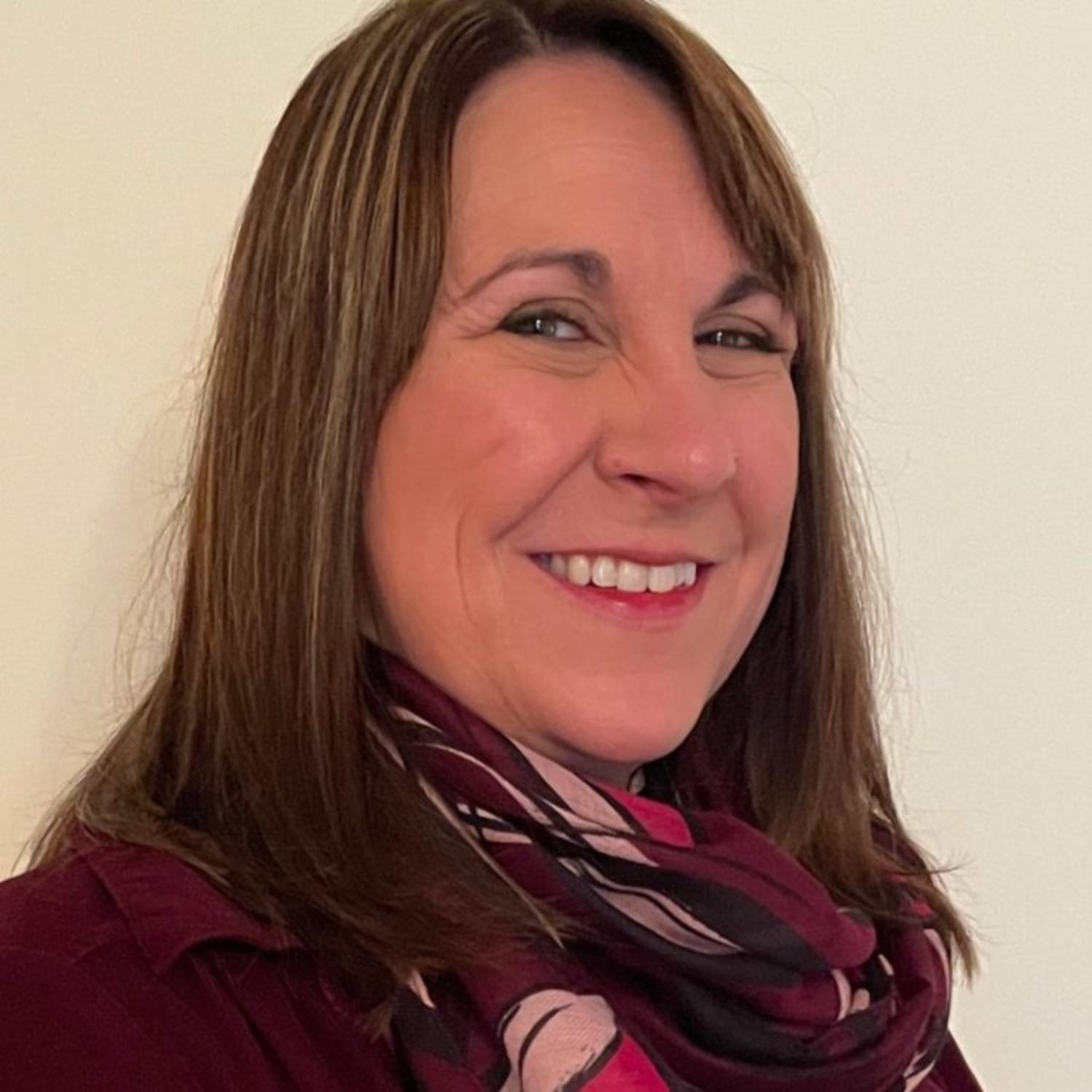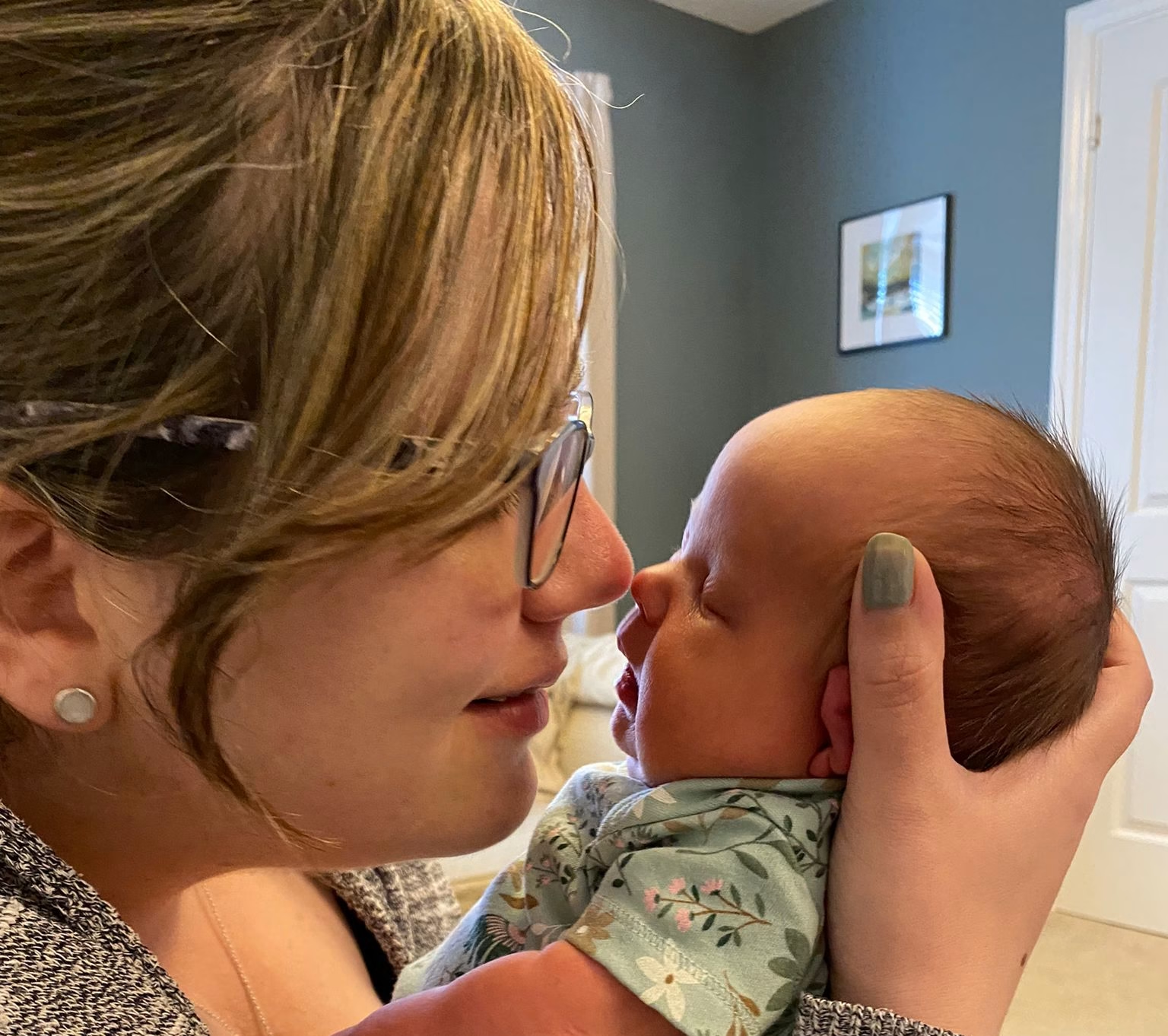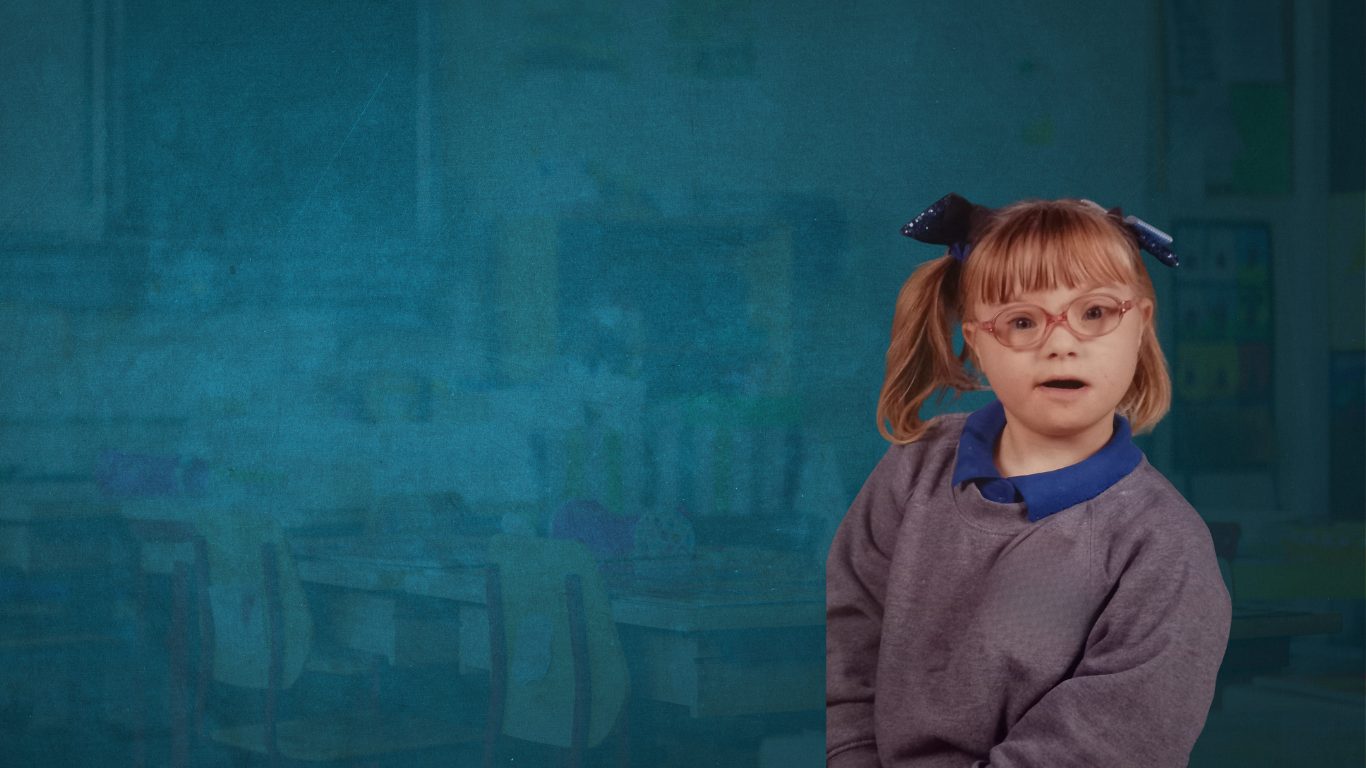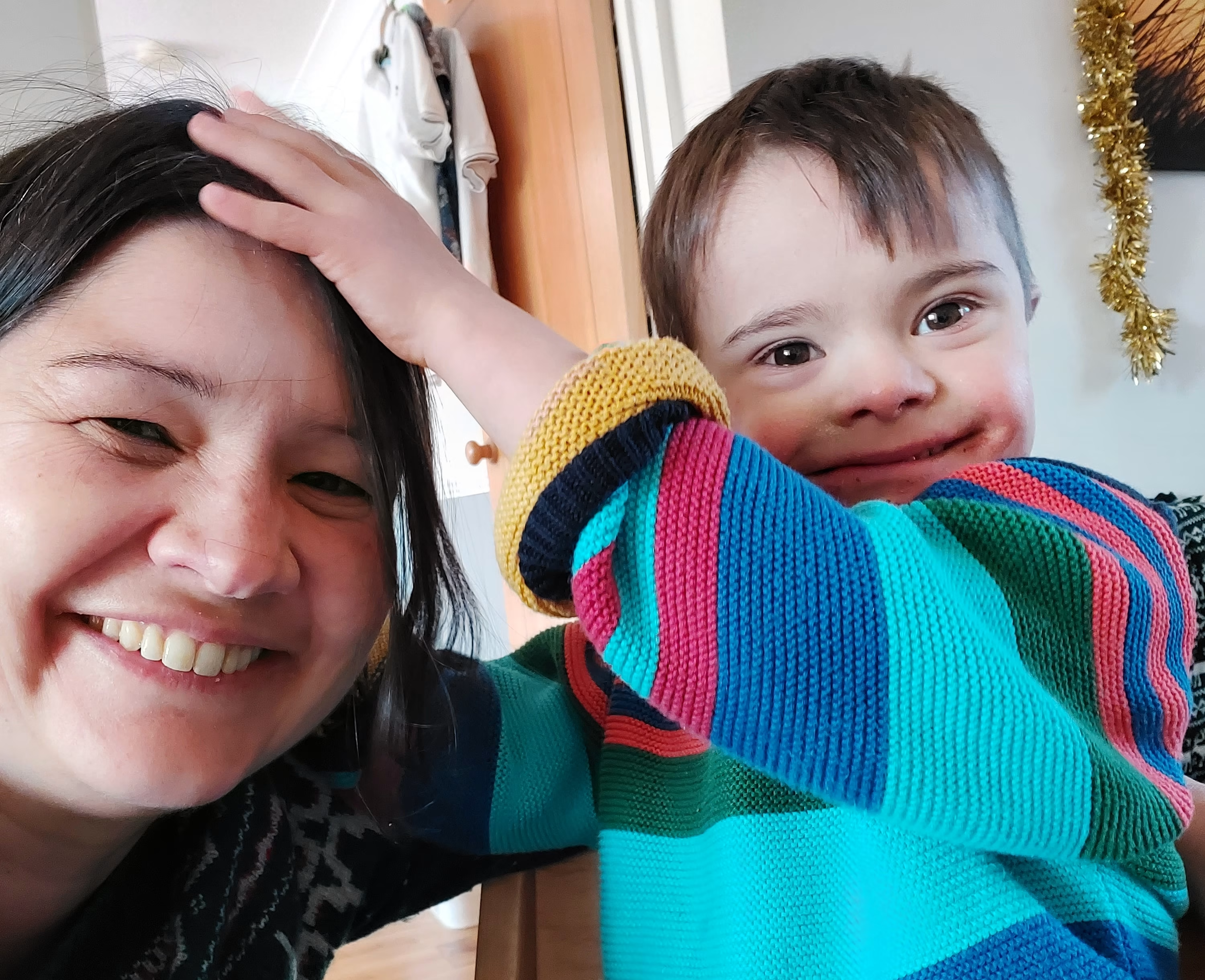How to support a child with Down syndrome in nursery: Practical tips and funding help for professionals
- by Dr Rebecca Baxter
Supporting a child with Down syndrome in nursery is a rewarding and important part of inclusive early years education. With the right tools, strategies, and funding in place, nurseries can create environments where all children can thrive.
In this blog, we’ll explore how to support a child with Down syndrome in nursery settings and highlight the funding streams available to help early years providers offer the best care and learning opportunities.
Understanding the needs of a child with Down syndrome
Children with Down syndrome often benefit from extra support in areas such as:
- Speech, language and communication
- Social interaction and play skills
- Motor skills and coordination
- Cognitive processing and memory
Every child is unique, and not all will require the same level of support. Building strong relationships with parents and health professionals ensures your approach is responsive, respectful, and child-led.
Creating an inclusive nursery environment
To effectively support a child with Down syndrome in nursery, consider:
- Visual timetables and clear routines to help with transitions
- Simple language and visual cues (e.g. pictures, Makaton etc) to support communication
- Adapted activities that build on strengths and interests
- Positive behaviour strategies and consistent expectations
- Close collaboration with SENCOs, parents, speech and language therapists, and other external professionals
Most importantly, focus on what the child can do. Celebrate progress, however small, and embed inclusion across your setting. Find out more and access a wealth of resources for pre-school settings here.
If you’d like to get ongoing support and training, our Early Years Development programme helps professionals aid development using learning and play tailored to the learning profile of a child with Down syndrome. The course includes online training sessions, recorded video content and printed resources. All costing just £200 for an annual subscription – a fee which can be paid for using available funding.
Accessing funding to support children with Down syndrome
Inclusive care can require additional resources, training, or adaptations. Here’s how you can access funding in England and beyond:
England only
Disability Access Fund (DAF)
The Disability Access Fund provides early years settings with £615 to £938 per year (per eligible child) to support access and inclusion.
Eligibility criteria:
- The child must be 2, 3 or 4 years old and receiving Disability Living Allowance (DLA)
- They must be accessing free early education hours
- Only one provider per year can claim the funding
This money can be used to:
- Purchase specialist equipment
- Fund staff training and resources such as our Early Years Development Programme
- Make environmental adjustments
Tip: Ask parents if their child receives DLA and encourage them to nominate your setting when applying. At Down Syndrome UK, we work hard to empower our parents and ensure they can access the information and support they deserve. We are delighted to subsidise DLA drop-in sessions, enabling parents/carers to book a slot and access the support available. The sessions are led by Lisa Holden, who is a parent to Bobby who is 6 and has Down syndrome. She has worked as an advisor at the DWP (Department for Work and Pensions) and has extensive experience supporting parents to apply for DLA over recent years.
If you need any assistance completing your child’s DLA application, Down Syndrome UK offers regular online sessions to help you. Access DLA drop-in sessions here.
SEN Inclusion Funding
All local authorities in England offer a Special Educational Needs Inclusion Fund (SENIF) to support children with emerging or complex needs.
Funding amounts and application processes vary, but this fund can:
- Provide additional staffing support
- Fund interventions such as speech and language therapy
- Support staff training and purchase specialist resources to meet a child’s individual needsHelp implement strategies from an Education, Health and Care Plan (EHCP)
Speak to your local authority’s early years SEN team for guidance on how and when to apply.
Understanding local SEND funding
In most local authorities, the Early Years High Needs Block funding covers the additional costs of supporting a child with SEND in an early years setting. An EHCP is usually not required for SENIF funding, and funding is often based on the child’s needs rather than the existence of an EHCP. A child with an EHCP may sometimes receive more funding, though this is unusual. Because every local authority administers funding differently, it is essential to check how SEND funding works in your area.
Some local authorities have SEND panels of professionals who can offer support (for example, Staffordshire). Settings should be aware of when to begin an Education, Health and Care Needs Assessment (EHCNA) and explain to parents the best timing, taking into account any delays in their local authority. Generally, the EHCNA should be started no later than the September one year before the child is due to start school, and ideally a little earlier in May or June. If your local authority has long delays, an earlier start may be necessary.
Early Years Pupil Premium (EYPP)
If the child is also eligible for EYPP, your setting may receive up to £342 per year to enhance their learning outcomes.
What about the devolved nations?
If you’re based in Scotland, Wales or Northern Ireland, funding routes differ:
- Scotland: Funding may be available through local ASN (Additional Support Needs) teams. Though the national Inclusion Fund has ended, support is still available from local authorities and charitable grants.
- Wales: Support for children with Additional Learning Needs (ALN) is provided via your local education authority. Some areas offer additional inclusion support through schemes like Flying Start.
- Northern Ireland: The Pre-School Inclusion Fund and Pathway Fund are available to help settings support children with SEN.
How funding can support children with Down syndrome in the early years
Access to the right support and resources can make a huge difference in how well a nursery or early years setting can meet the needs of a child with Down syndrome.
Investing in staff training is key. Training focused on early communication, speech development, social and emotional skills, and learning strategies can give teams the tools and confidence to support children with Down syndrome effectively. Understanding the learning profile of Down syndrome and how best to adapt teaching approaches can have a positive impact on engagement and outcomes. Learn more about our Early Years Development Programme here.
Speech and language support plays a vital role in early development. Resources such as visual communication aids, picture cards, communication-focused play, or even Makaton or sign training for staff can help children express themselves and connect with others. Some settings may also be able to access early speech therapy services in partnership with local professionals.
Making small environmental adaptations can also support inclusion. Carefully considering toys and equipment, adaptive furniture, accessible learning materials and visual timetables help create a welcoming and supportive environment for all children.
Access to specialist resources, such as those in our Early Years Development Programme’s toolkit and those developed by Down Syndrome UK in collaboration with Twinkl, can help with everything from toilet training and fine motor skills to early literacy and numeracy. Visual learning strategies are especially effective for many children with Down syndrome.
Working in partnership with families and professionals is essential. Collaborating with parents, health visitors, Portage teams, and local authority support services ensures a consistent and joined-up approach. Regular reviews and developmental monitoring help track progress and adapt strategies as needed.
With the right support in place, early years settings can lay the foundation for communication, independence, and confidence—helping every child with Down syndrome to thrive.
Final thoughts
Learning how to support a child with Down syndrome in nursery is about more than funding – it’s about creating a setting where all children feel safe, valued and capable. With the right mindset and the right resources, your nursery can make a lasting difference in a child’s life.
Share this post
Author
 Director of Education and Speech and Language Therapy
Director of Education and Speech and Language TherapyDr. Rebecca Baxter as our Director of Education and Speech and Language Therapy. Becky is a speech and language therapist who specialises in Down syndrome and has worked with babies through to young adults with Down syndrome. Becky is also involved in a number of research projects across speech, language and education issues associated with Down syndrome. Becky completed her PhD in 2023 at University College London, which involved developing and evaluating a language intervention for children with Down syndrome. Becky is passionate about supporting speech and language therapists and is currently chair of the Down Syndrome Clinical Excellence Network. She has delivered training to speech and language therapists across the UK and internationally.
View all posts






